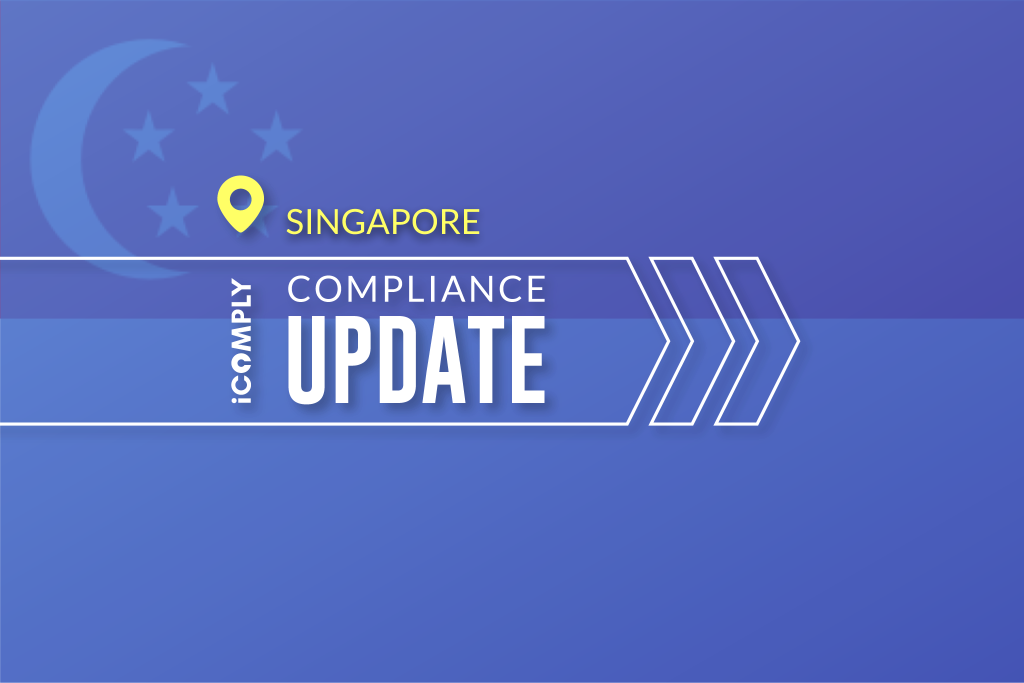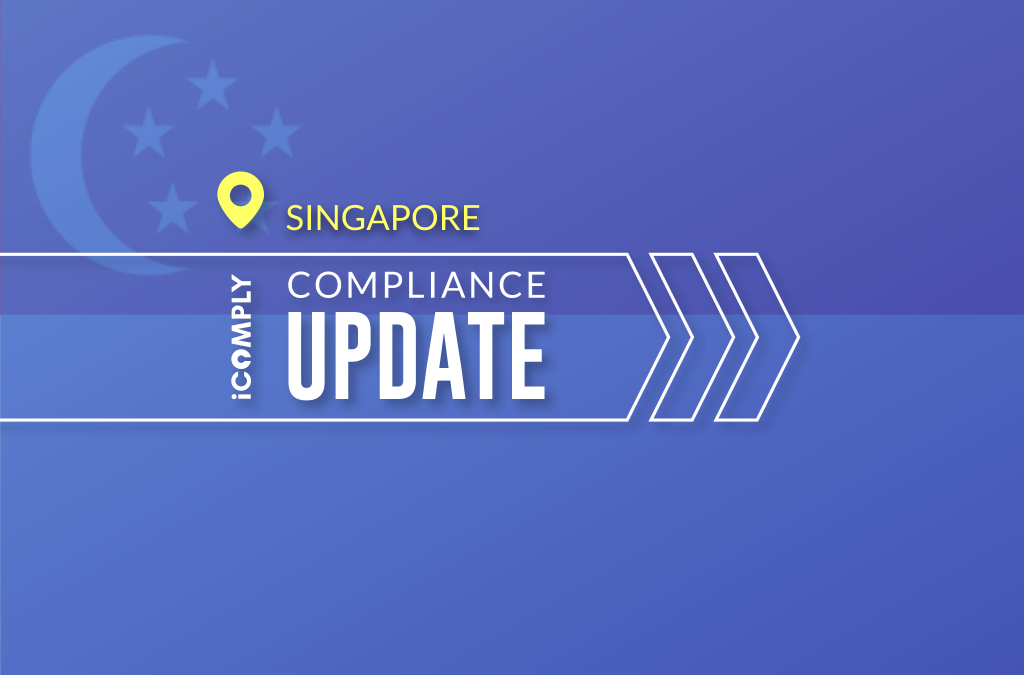Monetary Authority of Singapore Targets TMF Trustees

MAS imposes SGD $400,000 fine on TMF Trustees Singapore for failure to comply with AML and CTF requirements for trust companies
What Happened?
March 19, 2020: The Monetary Authority of Singapore (MAS) has imposed a SGD$400,000 penalty on TMF Trustees Singapore for failing to adhere to MAS’ requirements for Anti-money Laundering (AML) and Countering the Financing of Terrorism (CTF) monitoring.
Who Is Impacted?
Settlors of trusts, small businesses, corporations, and financial institutions (especially those that do business in Singapore and Southeast Asia)
Why This Matters?
TMF Trustees failed to meet MAS’ requirements for trust companies between June 2011 and April 2018 by neglecting to obtain and adequately verify the source of wealth reports from settlors of various trusts and instead relying on the settlors’ own source of wealth or simple bank reference letters.
In addition, the company did not maintain proper ongoing monitoring of all trust-relevant transactions and failed to scrutinize these transactions for risk profiles and suspicious activities–exposing TMF to greater risks of becoming an avenue for money laundering and financing of terrorism.
What’s Next?
TMF Trustees Singapore has remitted payment for the fine in full and has promptly taken a number of steps to remediate the address flaws in their back-office processes to ensure AML and CTF monitoring adheres to MAS guidelines going forward. These include voluntarily declining new trust customers for at least three months and strengthening their governance and internal controls to prevent future breaches.
This case is a timely reminder to financial institutions involved in setting up these structures or dealing with customers who use such vehicles, to have in place robust controls to prevent them from being misused for money laundering and terrorism financing.
– Loo Siew Yee, MAS: Policy, Payments and Financial Crime
Companies should take this as an opportunity to review and revise their internal controls to align with their local AML and CTF requirements, in order to maintain robust governance and monitoring processes.
These ongoing monitoring programs are required–existing users should be regularly screened for global sanctions, watchlists, adverse media risks, and whether they represent political exposure.
Intelligent ongoing monitoring tools perform these tasks in real-time, daily assessing each client, and providing alerts when potential new risk is identified. Artificial intelligence and machine learning can be trained to better screen new risks for false positives, improving your firm’s capacity and ability to effectively manage the risks of money laundering, terrorist financing, and other illegal activities.
learn more
Is your AML compliance too expensive, time-consuming, or ineffective?
iComply enables financial services providers to reduce costs, risk, and complexity and improve staff capacity, effectiveness, and customer experience.
Request a demo today.
The Importance of Choosing the Right KYC Vendor: Safeguarding Your Business in the Digital Age
Are you set up for success when it comes to KYC compliance and anti-AML practices? As of Q2 of 2023, an estimated 5.18 billion users have adopted online practices (source). With this rapid rise in digital adaptation comes an increased focus on identifying and...
Streamlining KYC and KYB for Trust and Compliance
With eCommerce continuing to experience exponential growth since increasing over 50% to over $870 Billion over the course of the pandemic (source), financial fraud and digital criminal activity have risen in tandem, posing a significant threat to financial...
Key Considerations for Implementing KYB and KYC Software for Your Business
With businesses facing the ongoing challenge of operating in a digital landscape that welcomes an increasing amount of users (source) each year, the need for robust Know Your Customer (KYC) processes has become integral for security and crime prevention. The Financial...




